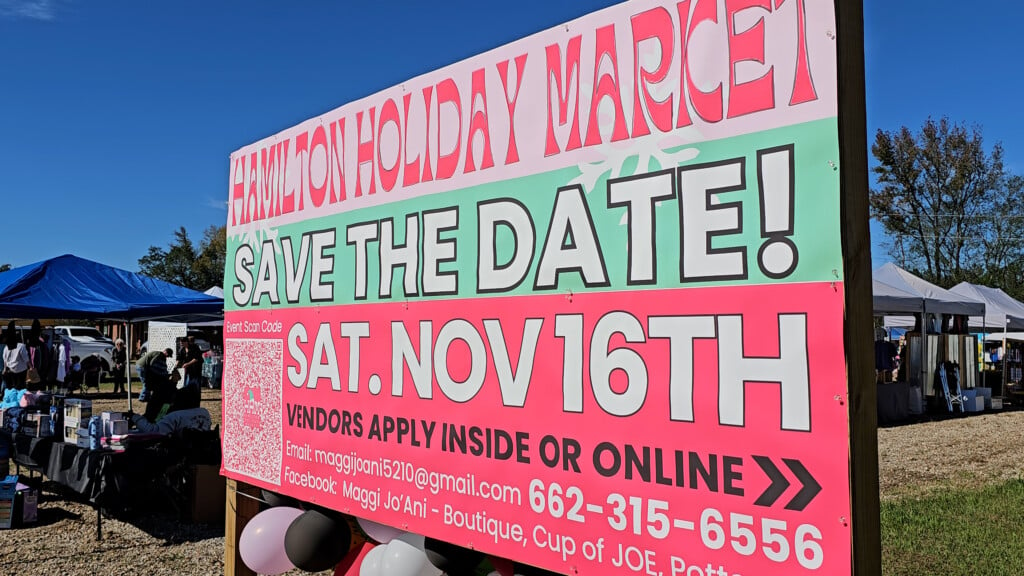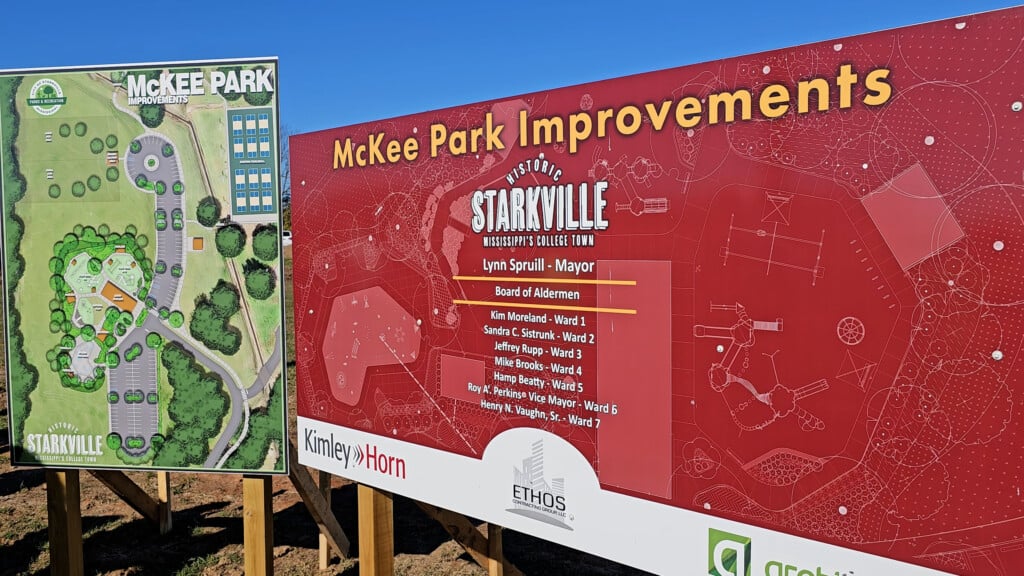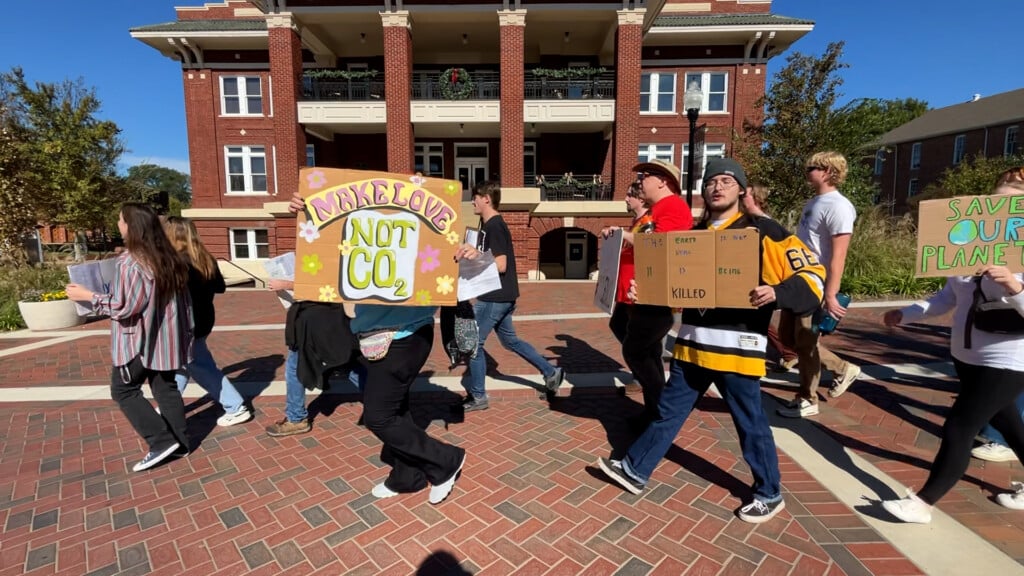Video: Hurricane Katrina 8 Years Later
[bitsontherun f7HFFdAd]
COLUMBUS, Miss. (WCBI) – Eight years ago on August 29th, Hurricane Katrina caused flooding that left nearly 2,000 people dead and billions of dollars in damages. Local physician, Dr. Jan McClanahan, survived the hurricane in New Orleans and is now back home in his native Columbus.
It was one of the most destructive hurricanes on record. Hurricane Katrina slammed into the coasts of Mississippi and Louisiana devastating the areas for years to come. Dr. Jan McClanahan was on-call at the hospital that fateful day in New Orleans.
“My report is, I saw American at its finest. I saw a group of people coalesce, come together, take care of those that needed to be taken care of, share the food, share the water. Rank disappeared, race disappeared, class disappeared. Everybody rode the boat together,” says McClanahan of Baptist Memorial Hospital Golden Triangle.
McClanahan says he was isolated in the hospital for 5 long days with 750 people and had to be rescued by helicopter. He was born and raised in Columbus, Mississippi and says a twist of fate brought him home after the storm.
“I actually had a job lined up in Austin, TX after the hurricane but had a serendipitous meeting with Dr. Jack Reid and had the great, good fortune to get my associate, Richard Valette, to join me in a surgery practice here which we have thoroughly enjoyed,” says McClanahan.
Dr. McClanahan believes the government failed to respond appropriately in 2005 but says now things have changed.
“One satellite telephone would’ve changed everything and I think hospitals around the country have learned that lesson now. I think as a whole, a lot of the lessons from Katrina have been learned and have been put into effec,” says McClanahan.
Most of the damages and loss of life in New Orleans was a result of flooding caused by a failed levee system. Hurricane Katrina is the costliest natural disaster in American history, totaling nearly 80 billion dollars in damages.
FROM GOV. PHIL BRYANT
JACKSON—Eight years ago today, Hurricane Katrina made landfall in Mississippi near Pearlington in Hancock County. The massive storm inundated the Gulf Coast with prolonged hurricane force winds, torrential rain, and a storm surge that measured more than 30 feet in some areas and reached as far as 12 miles inland.
The storm claimed the lives of 231 Mississippians and left more than 45 million cubic yards of debris in its wake. All 82 Mississippi counties and the Mississippi Band of Choctaw Indians were declared federal disaster areas, and 74 counties received full federal assistance.
The magnitude of Katrina’s damage was unprecedented. Homes, public buildings and infrastructure were obliterated. However, Mississippians did what they do best and immediately began clearing, cleaning, and planning for the future.
“Eight years later, the scenes displayed on news channels around the world after this terrible disaster have been replaced by revitalized communities and a vibrant, thriving Gulf Coast,” Governor Phil Bryant said. “While we will never forget the tremendous pain this storm caused and the tragedy of so many lives lost, our state has become stronger because of Katrina.
“The vast majority of public repair and rebuilding projects are complete, our housing stock is restored, almost all of our pre-Katrina population has returned to our lower six counties, and we are moving forward with the recovery vision set by Gulf Coast leaders after the storm. I am proud of the resilience and strength our state has shown.”
Mississippi Emergency Management Agency Executive Director Robert Latham, who was also serving as director during Katrina, echoed the Governor’s remarks.
“All of the memories of Katrina still haunt me today, but with every trip to the coast I am amazed at the progress that has been made. Even though the recovery has been long and hard and continues today, the leadership of local officials and the resilience and persistence of our citizens and their refusal to accept defeat makes me proud to be a Mississippian.”
“By far the most important lesson Mississippi has learned is the value of preparedness,” Gov. Bryant said. “Take the time to ensure your family knows what to do in case of emergency. Have a family communication plan, stock a disaster supply kit, and know where you will go if you need to evacuate. Preparing now could save your life.”





Leave a Reply